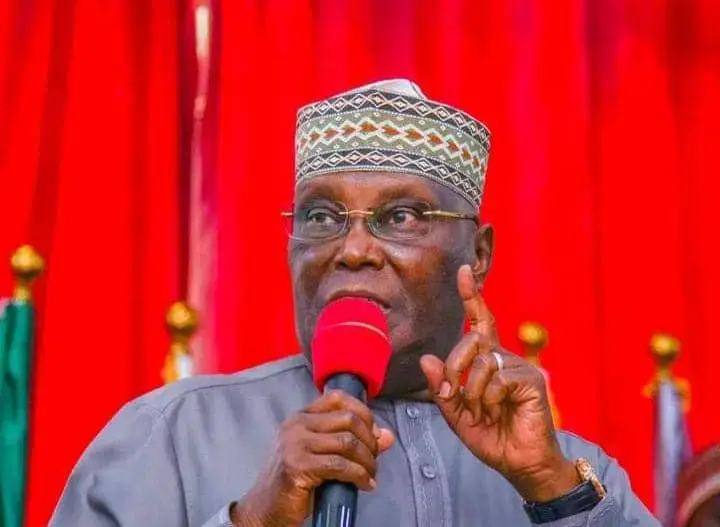The Centre for the Promotion of Private Enterprises (CPPE) has urged the Federal Competition and Consumer Protection Commission (FCCPC) not to adopt a price control mindset in a bid to tackle inflationary pressures.
CPPE Founder, Dr Muda Yusuf, gave the advice in a statement on Sunday in Lagos.
Yusuf expressed concerns over the approach, methodology and recent threats by the FCCPC targeted at market leaders, traders and supermarket owners.
He stated that the approach made the FCCPC appear to be unwittingly transforming into a price control agency rather than a consumer protection commission.
He noted that the core mandate of the commission was the creation of a robust competition framework across sectors and protection of consumer rights and interests.
“Consumer protection is not about directly seeking to control price at the retail end of the supply chain and this is why the CPPE is concerned about the FCCPC’s approach.
“The commission seem to be fighting the symptoms rather than dealing with the causes of the current inflationary pressure in the economy,” he said.
Yusuf said that the best way to protect consumers from exploitation theoretically and empirically, was to diligently promote competition across sectors.
According to him, the experience with the telecoms sector amply validates this position.
Yusuf stated that emphasis should not be on pricing but on deepening the culture and practice of competition and a level playing field for all investors.
He noted that intense competition made profiteering difficult and diminished the chances of exploitation of consumers.
“The retail sector of the economy is characterised by a multitude of players as there are an estimated eight million retailers in the trade sector of the Nigerian economy.
“The truth is that the retail segment of the economy is the least vulnerable to price gouging or consumer exploitation on a sustainable basis, contrary to the thinking of the commission.
“The reality is that the risk of profiteering increases with monopoly powers. This is why the attention of the commission should be focused on creating a good competition framework to deepen competition across sectors,” she said.
The CPPE boss urged the commission to get a proper comprehension of the dynamics of pricing and the key drivers of inflation such as naira exchange rate depreciation, high energy cost among others.
“Our view is that the proposal by the FCCPC to traverse markets across the country with objective of ensuring price regulation is unlikely to yield concrete outcomes and this is not a sustainable strategy.
“What we need to fix are the fundamentals driving production, operating and distribution costs which resulted in spiraling inflation in the first place.
“The commission needs to be more diligent and thorough in its analysis before alleging consumer exploitation by the trading community,” he said.
The CPPE boss also appealed to the FCCPC to refrain from further intimidation of the operators in the retail sector of the economy most of whom are micro and small businesses, with many in the informal sector.
He said if the trajectory continued, there was an emerging risk of market suppression and private enterprise repression by the FCCPC, marking an elevation of regulatory risk in the Nigerian economy and detrimental to investors’ confidence.
Yusuf, instead, urged the commission to work in collaboration with the other agencies of government to tackle the fundamental causes of inflation in the economy. (NAN)











